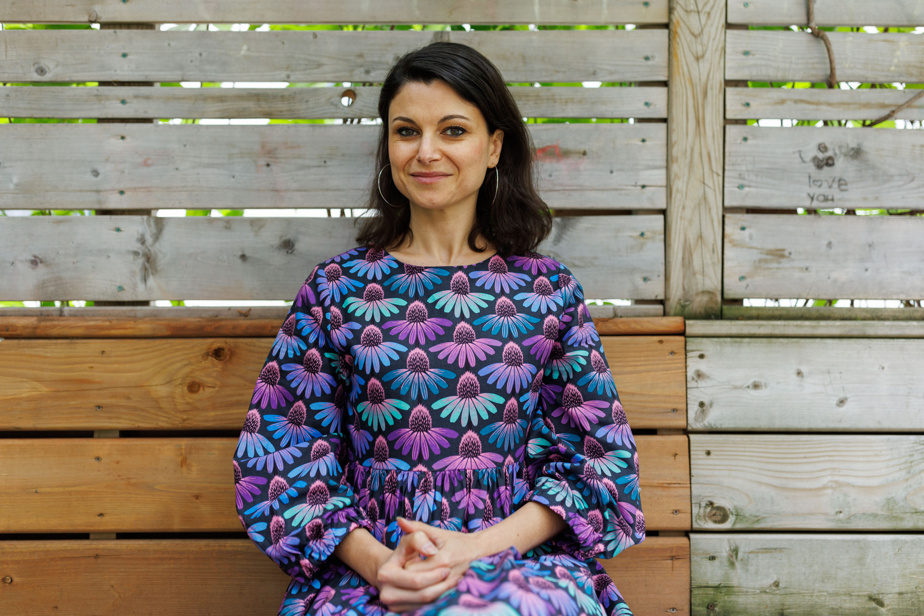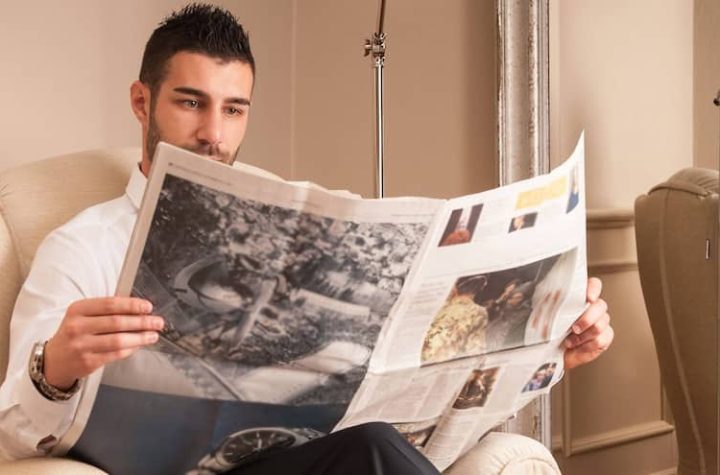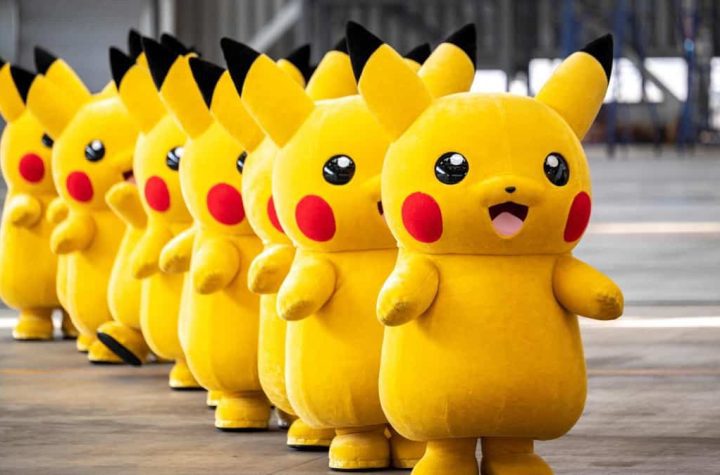
With their unique pen and their own sensitivity, artists give us their vision of the world around us. This week, we’re giving carte blanche to Emily Bibeau.
Posted yesterday at 9:00 am
Sometimes, suddenly, life changes.
He was close to this change, two blocks away, but we didn’t see him coming.
” Objects in a mirror are closer than they appear “, it seems.
A few years ago, in the expression of the great cliché, that is, “when I least expect it”, I became a mother-in-law. A wonderful role, rewarding and ungrateful, witty and rich… I don’t want to make Marvel’s heroes evil or especially take me for one of them, but we have to accept that with this role comes great responsibility, and even if we are not biological parents, even if it is not our destiny, we are. Although, over time, we become involved in the education of children. It is not something common, but something we choose to give to the little humans who share our daily lives, build themselves and find their place in the world.
From the beginning, I must say that the education they are receiving at the school is excellent. And their teachers, so devoted, do more than their work requires. But over time, I quickly wondered why philosophy wasn’t initiated in elementary school like music and physical education. Perhaps there is a way to integrate it into an existing course without increasing teacher workload?
Because whether we learn to listen, wait our turn to speak, respect others, etc., teachers do not fully grasp what “living together” means. And if, as Tier le Coyote puts it, “childhood is a colonial territory,” not everyone has the same opportunities at home.
On the other hand, everyone, without exception, at school or at home, wonders about the world around them.
In a comic book Alice and Simon ask each other many questions Through Pastorini, Grisseaux and Ohazar, we discuss very sensitive topics with children: “Why do we exist? Can we decide to be free? What do I mean I love you? Do we all need love? Do you think differences are barriers to discussion or wealth? »
Also, the pandemic has certainly confirmed to us that trying to survive a crisis big or small alone will lead to failure, that we are built to survive collectively and live together, with mandatory limitations. It implies that it can be learned.
On the airwaves of France Inter, Boris Sirulnik said: “How can we live in society if we don’t ban things? Society is about sacrificing some self-gratification, so that others can flourish. In society, one has to cut oneself off, limit oneself, restrain oneself. »
What if all this is learned completely from elementary school?
We often complain that subtlety is lacking in the society we live in, but what if subtlety is learned from a very young age?
Children are very encouraged to discover themselves and this is essential, but it seems to me that less emphasis is placed on how to live with others, how to change one’s thinking and how to meet the ideas of others…
Especially at a time when thinking is somewhat dislocated, scattered and often radical. Social networks are an important and sometimes worrisome time in the expression of this often passionate thought. A time to give others the greatest affirming power over our own lives.
Quoted in destiny Last year, psychologist Nicolas Levesque said: “We’ve already invented the idea that God sees us directly. Today, it has been replaced by the eye of social networks. Someone saw us and said:i like, I confirm what you are doing. I wish we had more independence in this regard. And now children can be made aware of this at an early age.
The famous French philosopher Frédéric Lenoir made the news in France a few years ago and I believe it is an idea that should not be dismissed. Because, more than ever, you have tools that allow you to take a step back, to have a perspective on the world ahead, especially where children are facing all kinds of problems, including very serious environmental problems, at a time when children are bombarded with information and opinions in front of screens that we compare ourselves to. I really need support.
As Nicolas Levesque said again to have “I think the future lies in humility. What matters lies in the shadows and I hope we learn to value the less spectacular commitment, sometimes invisible, but which makes a real difference and contributes to the common good. »
It seems to me that beginning philosophically for the common good from childhood is a noble and necessary goal that must be concretely anchored in the reality of school. That and, of course, being vigilant about what we embody as role models.







